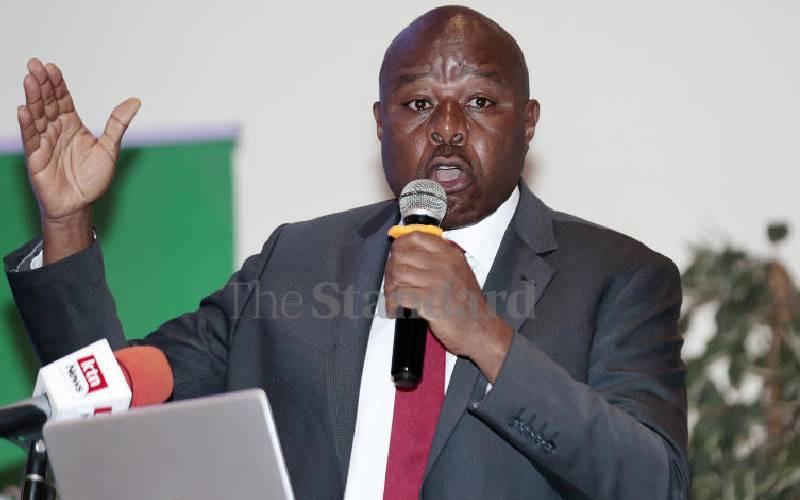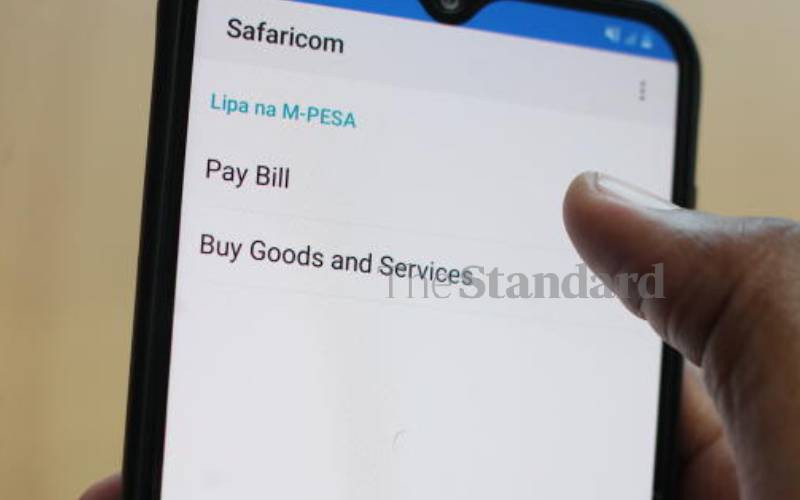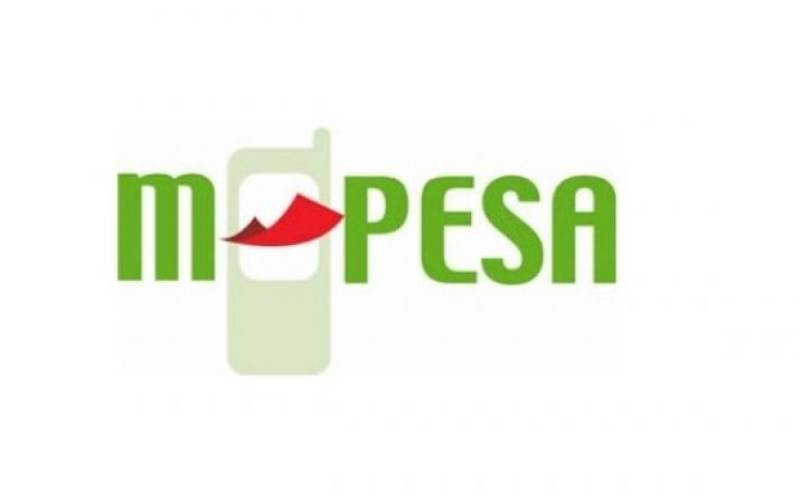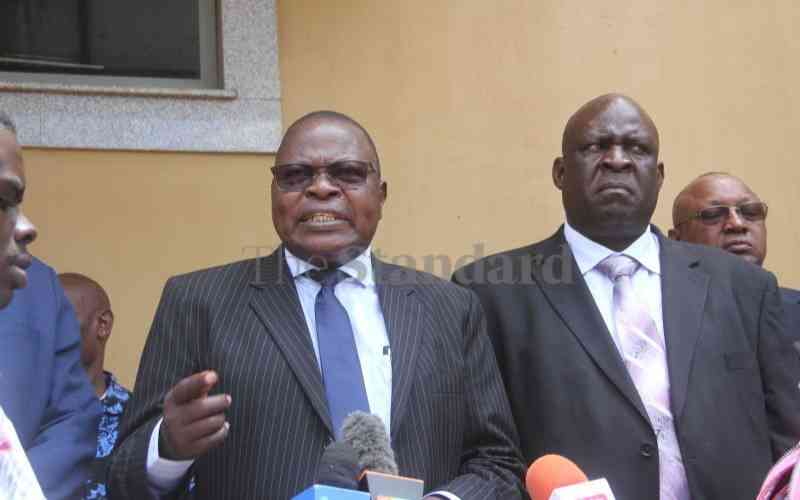The Government has just announced the world’s first Treasury Bond to be offered exclusively via mobile phone. Dubbed M-Akiba, the bond offer opens on October 16.
This five-year, M-Akiba infrastructure bond, will be offered to the public via Safaricom’s M-Pesa mobile money service and is expected to raise Sh5 billion. Further, in a move designed to boost take-up of the bond, the Government reduced the size of bond increments that can be purchased from Sh50,000 to Sh3,000.
Launching the bond offer, National Treasury Cabinet Secretary Henry Rotich said they expect over 23 million Kenyans to participate in this adding that it is a deliberate step by Government to have wananchi partner with the State.
“Over the years, 98 per cent of uptake in Government bonds has been by institutional investors, with only two per cent going to individual investors and this has left out many Kenyans from participating in raising funds for nation building,” he said.
Those who invest in M-Akiba can expect to, once the bond matures, receive their principle amount and interest through the M-Pesa platform.
This kind of investing is a relatively new concept to the average Kenyan who needs to know more about Treasury Bonds (TBs) and why they are a good investment option.
According to Peterson Kamau, a personal banker with a leading financial institution, TBs are medium to long-term debt instruments, usually longer than one year, issued by the Government to raise money in local currency.
“In buying treasury bonds, investors actually lend Government their money and their investments mature in a range of one to thirty years,” he says.
Kamau says there are several types of Treasury Bonds issued by the Kenyan Government, which are defined by their purpose, interest rate and maturity structure.
“So far, Government has issued fixed coupon rate bonds, zero coupon rate bonds, floating rate, restructuring or special bonds, amortised and savings development bonds and the infrastructure (project specific) bond,” he says.
Kamau notes that proceeds from the M-Akiba bond will be used to fund specific infrastructure projects that will be specified in the prospectus and hails the M-Akiba bond for being mwananchi-friendly.
“Many people can raise Sh3,000 unlike in the past where the venture would be left to corporate clients,” he says.
Mselem Ali, an accountant and an agent for several firms listed on the Nairobi Securities Market, says there are many benefits in investing in bonds with the main one being portfolio risk diversification.
“High-yield bonds, such as the M-Akiba, can help a person spread their assets across different segments of the financial market. This reduces risk of concentrating one’s money in traditional asset classes such as real estate, livestock, farming and so on,” he says.
Ali says M-Akiba’s second benefit is in its total return performance.
Stay informed. Subscribe to our newsletter
“In general, high-yield bonds tend to produce attractive total returns when the economy is growing and interest rates are stable, or declining, and the Kenyan business environment offers these factors,” he says.
Closely related to this benefit is the third advantage of bonds - capital appreciation potential. Often, positive events in the economy, industry or issuing company can reward you with increases in your high-yield bond price. This is known as capital appreciation.
“Such events include improved earnings, reports of listed companies, mergers or acquisitions, positive product developments or market-related events,” he says.
He adds that since proceeds of the M-Akiba bond will fund infrastructure development, this will create greater national economic productivity, which in turn assures capital appreciation for investors in the bond.
At Sh3,000 per bond, or multiples of it for extra shares, investing in the Kenyan bond market has never been so easy. Further, utilising the M-Pesa platform revolutionises the way business will be done. There will be no stifling queues, paperwork and questions.
 The Standard Group Plc is a
multi-media organization with investments in media platforms spanning newspaper
print operations, television, radio broadcasting, digital and online services. The
Standard Group is recognized as a leading multi-media house in Kenya with a key
influence in matters of national and international interest.
The Standard Group Plc is a
multi-media organization with investments in media platforms spanning newspaper
print operations, television, radio broadcasting, digital and online services. The
Standard Group is recognized as a leading multi-media house in Kenya with a key
influence in matters of national and international interest.
 The Standard Group Plc is a
multi-media organization with investments in media platforms spanning newspaper
print operations, television, radio broadcasting, digital and online services. The
Standard Group is recognized as a leading multi-media house in Kenya with a key
influence in matters of national and international interest.
The Standard Group Plc is a
multi-media organization with investments in media platforms spanning newspaper
print operations, television, radio broadcasting, digital and online services. The
Standard Group is recognized as a leading multi-media house in Kenya with a key
influence in matters of national and international interest.









